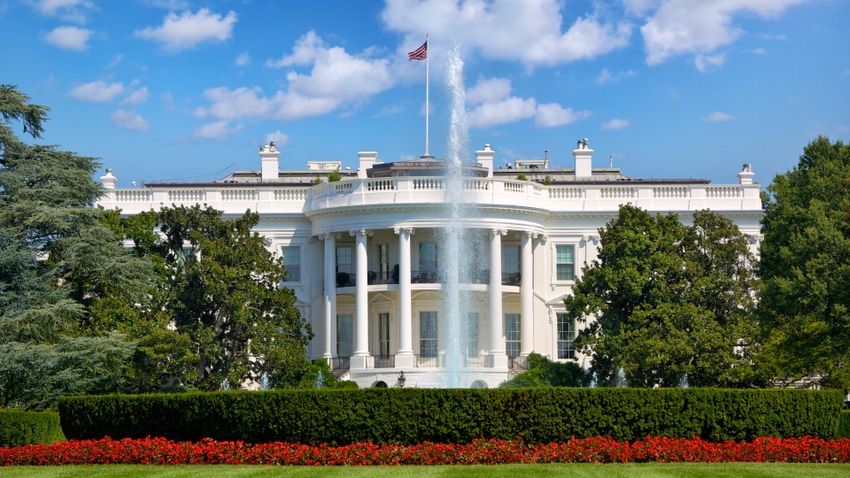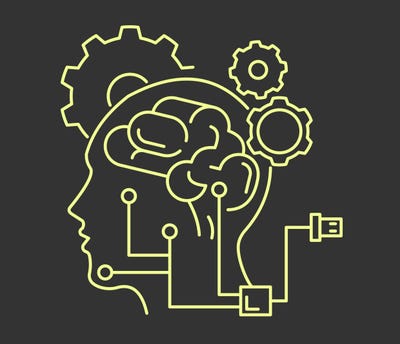Artificial intelligence system's verdict for the US elections: Trump will win
Artificial intelligence system's verdict for the US elections: Trump will win
November 3, 2016

Dominating the minds of many, the concern about the outcome of the upcoming U.S. election is very real. Usually, we place our trust in Nate Silver to predict the outcome, but as he failed to see that Donald Trump would become the Republican presidential nominee, we need to look elsewhere for trustworthy predictions. It appears that artificial intelligence might be our answer, and the verdict? Trump will win.
Despite polls consistently showing a favourable number of votes for Hillary over the recent weeks, an artificial intelligence system has now predicted that Trump will win, CNBC writes. Trump is even more popular than Obama in 2008, which might be alarming news to some.
The system developed in 2004 by Sanjiv Rai, founder of Indian start-up Genic.ai. is called MogIA and works by using 20 million data points from online platforms such as Google, YouTube, and Twitter to reach its predictions.
MogIA have had year of improving its predictions, and is getting smarter all the time, correctively predicting both the Democratic and Republican Primaries results. At the time being, Trump has overtaken Obama's numbers of engagement after his peak in 2008, by 25%.
Rai explained that the AI system shows that the candidate in each election who had leading engagement data, ended up winning the election in the end.
"If Trump loses, it will defy the data trend for the first time in the last 12 years since Internet engagement began in full earnest," Rai wrote in a report sent to CNBC.
Rai does emphasise that the system does have its faults, as it is gathering its data from social media accounts. Despite someone sympathising with a Tweet from Trump, the person might not necessarily vote for him. However, if someone searches for how to vote on YouTube, and then looks at a video of how to vote for Trump, the machine will assume that that person is likely to vote for him.
"While most algorithms suffer from programmers/developer's biases, MoglA aims at learning from her environment, developing her own rules at the policy layer and develop expert systems without discarding any data," Rai said.
For the latest news and conversations about AI in business, follow us on Twitter, join our community on LinkedIn and like us on Facebook.
About the Author(s)
You May Also Like


.jpg?width=700&auto=webp&quality=80&disable=upscale)
.jpg?width=700&auto=webp&quality=80&disable=upscale)
.jpg?width=700&auto=webp&quality=80&disable=upscale)
.jpg?width=300&auto=webp&quality=80&disable=upscale)
.jpg?width=300&auto=webp&quality=80&disable=upscale)
.jpg?width=300&auto=webp&quality=80&disable=upscale)
.jpg?width=300&auto=webp&quality=80&disable=upscale)
.jpg?width=300&auto=webp&quality=80&disable=upscale)